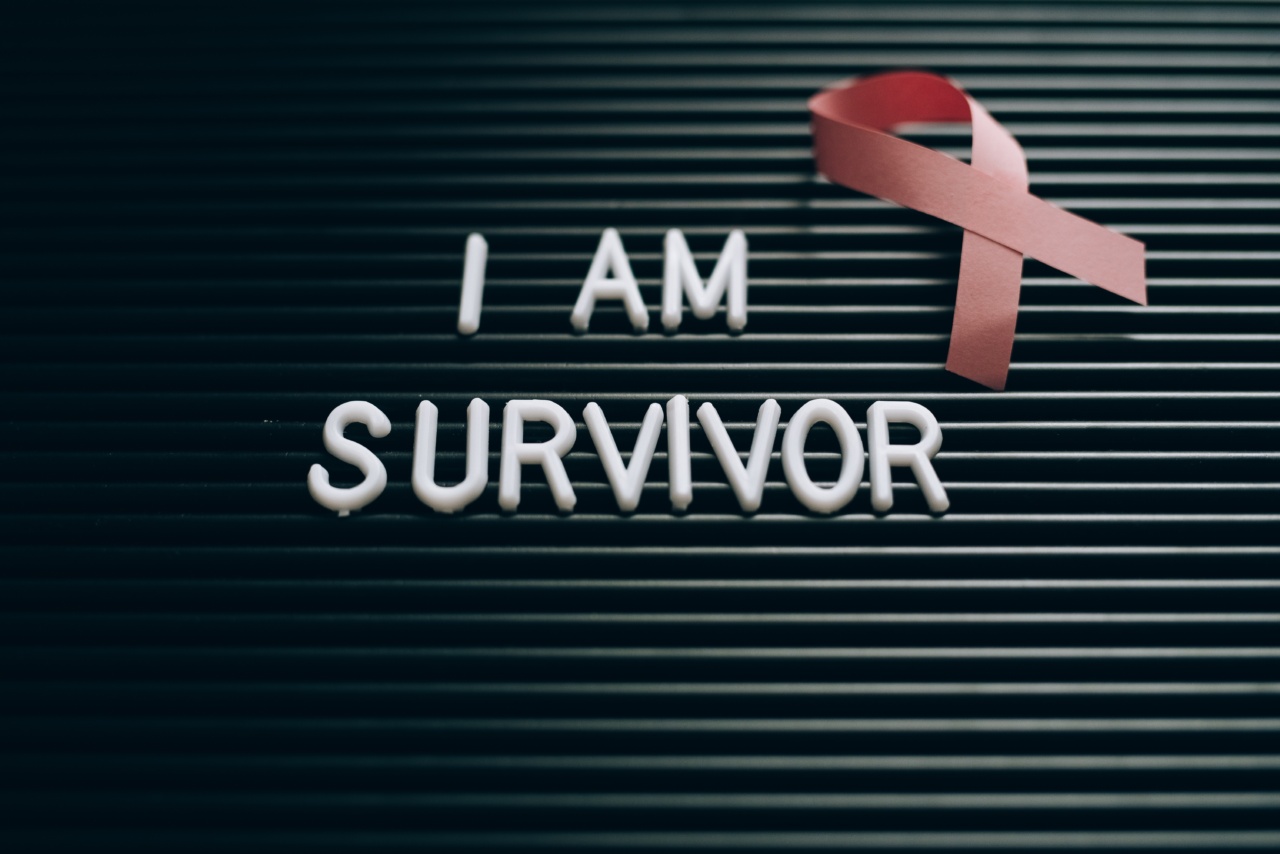Breast cancer is one of the most common types of cancer affecting women around the world. It is a disease that affects not only the physical health of the patient, but also the emotional and psychological well-being of the individual.
While early detection and treatment are important, it is equally important to have a national breast cancer control program in place aimed at providing long-term support to survivors.
What is a National Breast Cancer Control Program?
A national breast cancer control program is a comprehensive program developed and implemented by the government to control and prevent breast cancer.
The program generally involves various measures to prevent the occurrence of breast cancer, ensure early detection, provide effective treatment, and support for survivors. The program may include a range of health education and awareness campaigns, mammography screenings, access to necessary treatment, and rehabilitation and counseling services for breast cancer patients.
The Importance of a National Breast Cancer Control Program
A national breast cancer control program is important for several reasons:.
1. Early Detection
Early detection is key in the treatment of breast cancer, and a national breast cancer control program can help to ensure that women receive the necessary screenings, such as mammograms, in a timely manner.
Screenings can help detect the disease at an earlier stage, which can increase the success rate of treatment and ultimately, save lives.
2. Standardized Treatment
A national breast cancer control program can help to ensure that patients have access to standardized treatment, regardless of their geographic location or socio-economic status.
The program may provide funding for necessary treatments, and also help to ensure that patients receive the best care possible from trained professionals.
3. Support for Survivors
A breast cancer diagnosis can have a significant impact on a person’s life, and survivors may experience a range of physical, emotional, and psychological issues.
A national breast cancer control program can provide much-needed support for survivors, including counseling, rehabilitation services, and financial support. Such programs can also help to reduce the stigma associated with the disease and promote greater awareness and acceptance.
4. Research and Development
A national breast cancer control program can also support research and development aimed at finding new treatments and potential cures.
The program may provide funding for research projects, and also help to promote greater collaboration among researchers, healthcare providers, and patients.
The Need for a National Breast Cancer Control Program for Long-Term Survivors
While a national breast cancer control program is important for all breast cancer patients, it is particularly crucial for long-term survivors.
Long-term breast cancer survivors are individuals who have survived for five or more years after their initial diagnosis. These individuals may still require ongoing support and care to manage the physical and psychological effects of the disease and its treatment.
1. Ongoing Monitoring and Care
A national breast cancer control program for long-term survivors can provide ongoing monitoring and care to ensure that survivors remain healthy and manage any lingering side effects from treatment.
This may include regular check-ups with healthcare providers and access to rehabilitation and counseling services.
2. Post-Treatment Support
Survivors may experience a range of physical and emotional issues after treatment, including fatigue, pain, anxiety, and depression.
A national breast cancer control program can help to provide post-treatment support, including counseling, rehabilitation services, and support groups.
3. Awareness and Education
A national breast cancer control program can also help to raise awareness and educate the public about the challenges faced by long-term survivors.
This can help reduce stigma and promote greater understanding and empathy for those who have survived breast cancer.
Conclusion
A national breast cancer control program is essential in the fight against breast cancer.
By providing early detection, standardized treatment, support for survivors, and funding for research and development, the program can help to reduce the incidence and impact of this disease. A national breast cancer control program for long-term survivors is particularly important, as it can help to ensure that survivors receive ongoing support and care to manage the physical and emotional effects of the disease and its treatment.




























